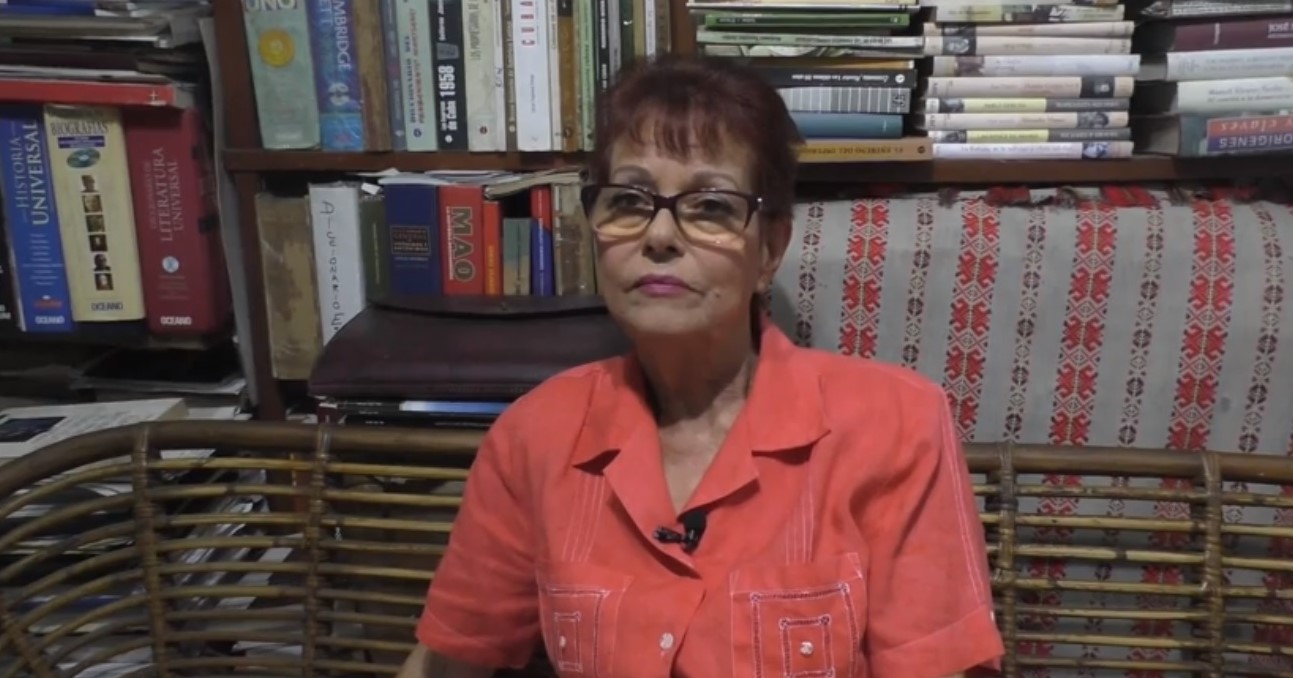„Not everything is possible, but one has to try.“

Stáhnout obrázek
Miriam Leiva was born on April 5, 1947, in the city of Villa Clara in the Republic of Cuba. She spent part of her childhood in the United States of America, from where she returned when the Cuban Revolution culminated in 1959 since her father was a patriot and a member of the „July 26 Movement“ [Movimiento 26 de Julio] of Fidel Castro. After studying languages and political science, Miriam worked for the Ministry of Foreign Affairs of Cuba. In the late eighties, she began to disagree with the regime, and around the year 1995, decided to devote herself to independent journalism. In March 2003, during the „Black Spring“ [Primavera Negra], her husband Oscar Espinosa Chepe was imprisoned for his opinions against Cuba‘s economic strategy. Miriam organized unions with other mothers and wives of the political prisoners and created the movement „Ladies in White“ [Damas de Blanco] to stay together in the fight for their loved ones and denounce the violation of human rights. Nowadays, Miriam cooperates with several independent newspapers. She is a widow and resides in Havana.

